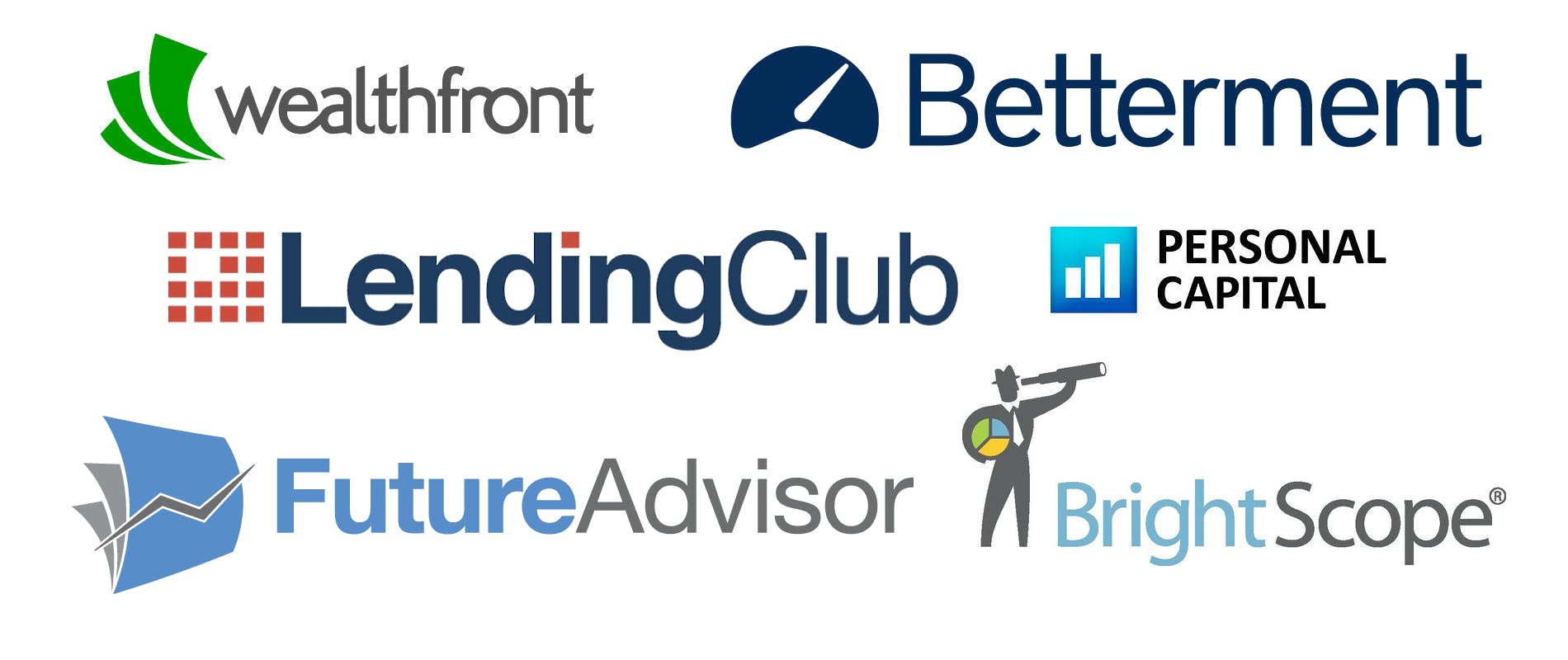Millennials, Money and Meaning
The discussion around Millennials and Money continues to gain interest – from leading banks circulating white papers on generational wealth transfer to Alexa Von Tobel, founder of LearnVest, showcased on the August cover of Forbes Magazine with the tagline “Millennial Gold Rush”. The themes of the conversation vary — from shifting behavior trends and digital disruption of financial services to the need for new resources and accessible products to meet consumer objectives. However, the underlying point remains the same: Millennials are changing the game.

The disconnect between a new generation of consumption patterns and the relevance of existing financial service providers continues to be scrutinized for future opportunity. New companies are being launched, existing companies are introducing nextgen programs, and advisors are reassessing their client communication strategies to try and get in front of Millennial wealth holders. With technology enabling immediate access to information and products in the palm of your hand, the financial services industry can no longer rely only on what has worked in the past.
The statistics are there. Millennials currently control about $2 trillion in investable assets, and are expected to control $7 trillion by 2018. It is estimated that Millennials will inheirit $41 trillion by 2050, in what reports are calling the “greatest wealth transfer” in history, yet one in three Millennials are open to switching banks in the next 90 days. Online resources are becoming increasingly available to help the next generation of investors make their own educated financial decisions. LearnVesthas positioned wealth management as an accessible skill, acting as an advocate of financial literacy and offering a suite of services to help Millennials manage their own financial plan. Digital investment platforms, such as “robo-advisor” WealthFront, are providing online alternatives for wealth management with access to low cost solutions for investment products and services. New players are redesigning the investment process by leveraging the power of peer referrals, likeOpenfolio’s online community for sharing and comparing portfolio allocations. The increasing popularity of financial technology start-ups focused on the Millennial consumer is driving larger wirehouse firms to rethink their own client strategy in order to remain relevant. This increasing focus on digital alternatives to wealth management caters to Millennial trends and behaviors – but in translating elements of a traditional service-based industry to an online experience, do we run the risk of diluting the value of the advisor relationship?

In a world becoming more reliant on technology every day, how are we connecting with the human elements of our financial wellbeing? The psychology of wealth has long been a topic of interest for industry professionals and academics investigating the emotional complexities of how money affects people. To some wealth holders money may be a measure of success, to others a burden. Just as money may empower one person to work harder, to another it can rapidly deteriorate their motivation. Money has the power to not only influence how we view ourselves but how we view each other. Some of the most important elements of our lives – our security, our wellbeing, our family, our careers and our happiness – all intersect at some point with money. And just as people seek guidance on their careers, health, and relationships – there is an inherent need for trusted financial advice.

When it comes to Millennials and money, it’s time for wealth management firms to start thinking longer term. Industry professionals who are taking the time to listen to the needs of Millennials and build a relationship with next generation clients will develop loyalty within that community for years to come. Innovative technology will continue to disrupt the way financial services has operated up until now, and there will be no shortage of products, services, and resources to choose from. But for the socially conscious and value driven Millennial, the challenge will be finding trusted guidance in navigating the best options available for their individual situation. After all, in a business built around helping others plan for their future, sometimes technology can’t replicate the human component of a meaningful conversation.
